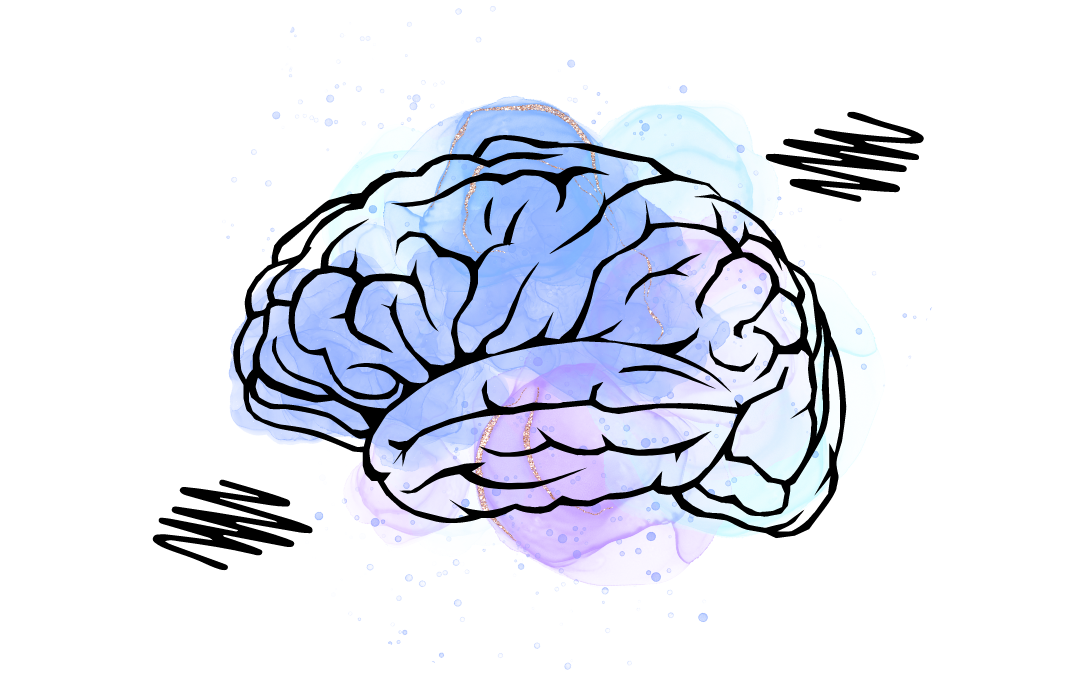Are you an adult suffering or suspect you may be suffering with symptoms of Attention Deficit Hyperactivity Disorder (ADHD) or Attention Deficit Disorder (ADD)? You are not alone. According to Forbes Health (2024) an estimated 6.8% of people live with this neuro-psychiatric condition, making up approximately 366 million world-wide. European psychiatrists and neurologists have traditionally been more judicious in giving the diagnosis, but over the last 10 years, the numbers being diagnosed in Europe have been steadily rising, especially amongst women (Abdelnour, Jansen and Gold, 2022).
Why are more being diagnosed?
Although the disorder has been described in the psychiatric world since the early 1900’s, it wasn’t officially recognised as a diagnosis by the American Psychiatric Association and the World Health Organisation until the 1960’s, at which point ADD or type 2 was still not understood. In the 1980’s psychiatrists officially recognised the subcategory of ADD or ADHD-inattentive type (Forbes Health, 2024). The 1990’s saw a big rise in numbers being diagnosed and numbers have been rising steadily each year since then. There are several reason why mental health professionals believe that more people being diagnosed:
- With the advent of the internet and health information becoming more readily available, many adults who were children in the 90’s and early noughties are now recognising the symptoms in themselves and are coming forward to get themselves diagnosed having “fallen through the diagnostic net” as children. As well as this, parents are more educated and aware of ADHD/ADD and are more likely to push for their children to get the diagnosis.
- More females are now being diagnosed, as we now understand that the disorder can appear differently in those gendered female at birth. For instance, females tend to be diagnosed more with type 2 ADHD or ADD and tend to display more difficulties with maintaining attention rather than more hyperactive behaviours. In large classrooms, difficulties maintaining attention may not be picked up so readily as “more disruptive” hyperactive behaviours.
- There are also some mental health professionals who believe the disorder is now being overdiagnosed and others who hypothesise that the rise in diagnosis could have something to do with environmental factors like increased pollution, too much screen time /computer games or even the pressures of modern day living and capitalism.
Source: Abdelnour, Jansen and Gold (2022), National Library of Medicine
What does ADHD/ADD look like from a neuro-psychological perspective, and what are the difficulties that people with ADHD/ADD experience in their everyday lives?
People with ADHD/ADD are neuro-atypical. This means that there are usually large statistical differences between their cognitive abilities on standardised cognitive and neuro-psychological tests. These differences occur because people with ADHD/ADD have difficulties with executive functioning i.e. difficulties with neo-cortex frontal lobe functioning. This usually entails difficulties with concentration, focus, planning, organisation and in inhibiting impulsive and inappropriate behaviours and strong emotions. Such difficulties can cause problems in learning, in everyday tasks, in everyday life functioning and in relationships. People with ADHD/ADD often compare themselves to neurotypical people, who are able to do the everyday tasks that they find so difficult. This can cause a great deal of extra time and energy trying really “hard” to perform and appear neurotypical, as well as low mood, depression and burn-out. People with ADHD/ADD have also often been bullied and misunderstood as children and can therefore have symptoms of trauma.
Help is at hand
At Compass, we have certainly noticed a rise in the number clients asking for support with ADHD/ADD both in the practical aspects of their life, such as help with planning and organisation, but also for support in how ADHD/ADD has affected their mental health e.g. difficulties with anxiety, depression and burnout, as well as the difficulties they experience in their relationships.
As a result Compass Psychology are excited to be hosting a 6-week Adult ADHD coaching group starting on Wednesday 14th February at 17:00. Adja Dixon and Harshwardhan Saini will be facilitating this group, designed for 8 adults. In the group you will learn to:
- Deepen your understanding of the neuroscience of ADHD
- Increase you motivation, task initiation ability and decrease procrastination
- Better plan and prioritise and combat distraction
- Address negative and unproductive thought patterns
- Better regulate your emotions and increase your distress and stress tolerance
The group will cost just €160 for all six sessions! Sign-up here to secure your place!

